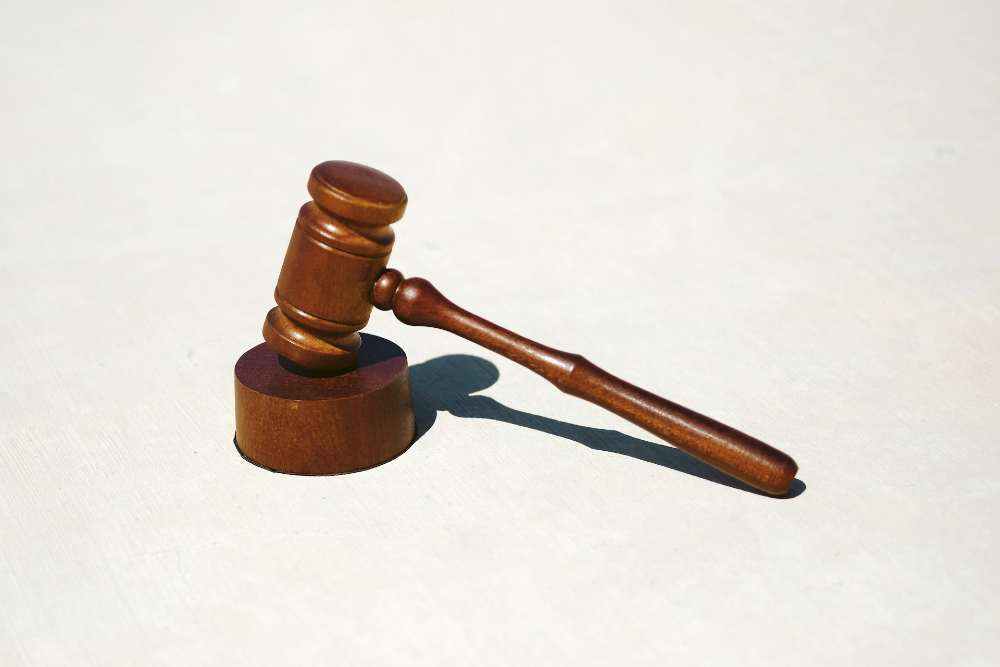You’ve probably seen it in movies or heard about it on the news – someone gets arrested, but then their case just disappears before it ever goes to court. This might seem confusing, but it actually happens more often than you’d think. There are several reasons why prosecutors might decide to drop charges or why a judge might dismiss a case entirely.
Not Enough Evidence to Win
The most common reason cases get dismissed is that the prosecution simply doesn’t have enough solid evidence to prove someone is guilty. Remember, in criminal court, the prosecutor has to prove guilt “beyond a reasonable doubt,” which is a really high standard. If they look at their evidence and realize they probably can’t win, they’ll often just drop the case.
For example, let’s say someone gets arrested for theft, but the only evidence is one witness who saw them near the store around the time something went missing. That’s not nearly enough to convince a jury. The witness might be mistaken, or maybe the person was just walking by. Without security cameras, fingerprints, or other proof, the case would likely get dismissed.
Sometimes new evidence comes out that actually helps the defendant. Maybe security footage shows they were somewhere else when the crime happened, or a witness changes their story. When this happens, prosecutors often realize they can’t win and will dismiss the charges.
Police Made Mistakes
Police officers have to follow specific rules when they arrest someone or search for evidence. If they break these rules, any evidence they found might get thrown out of court. When that happens, the prosecution might not have anything left to build their case with.
One common mistake is when police search someone’s car or house without proper permission or a warrant. The Fourth Amendment protects people from unreasonable searches, so if police violate those rights, the evidence they find can’t be used in court. This is called the “exclusionary rule.”
Another big problem happens when police don’t read someone their Miranda rights properly. You know those rights – “You have the right to remain silent” and all that. If police question someone without reading these rights first, anything the person says might not be allowed as evidence. When dealing with these complex legal issues, many people find it helpful to consult with experienced attorneys, like those at Sparks Law Firm, to understand how procedural errors might affect their case.
Witnesses Won’t Cooperate
Many criminal cases depend heavily on witness testimony, but witnesses don’t always want to get involved. Sometimes they’re scared of retaliation, or they just don’t want to take time off work to testify in court. Other times, witnesses move away or simply change their minds about testifying.
This is especially common in domestic violence cases. The victim might initially call police and want to press charges, but later decide they don’t want their partner to go to jail. Without the victim’s cooperation, prosecutors often can’t prove their case and will dismiss the charges.
In gang-related crimes, witnesses are often afraid to testify because they fear for their safety. Even if police have other evidence, witness testimony is usually crucial for getting a conviction. Without it, prosecutors might decide the case isn’t worth pursuing.
The Defendant Takes a Plea Deal
Sometimes what looks like a dismissal is actually part of a plea agreement. The defendant might agree to plead guilty to a lesser charge, and in exchange, the prosecutor dismisses the more serious charges. This saves everyone time and guarantees some kind of punishment rather than risking a trial where the defendant might be found not guilty.
For instance, someone charged with armed robbery might agree to plead guilty to simple theft. The robbery charges get dismissed, but they still face consequences for the theft. Both sides get something out of this arrangement.
Technical Problems with the Case
Courts have strict rules about how cases must be handled, and if prosecutors or police don’t follow these rules exactly, the case might get dismissed. These are called “procedural issues,” and they can be pretty technical.
One example is the “speedy trial” requirement. Defendants have the right to a trial within a reasonable amount of time. If the court system is too slow and takes too long to bring someone to trial, the charges might get dismissed entirely.
Another technical issue involves how charges are filed. If the prosecutor files the wrong paperwork or makes mistakes in the legal documents, the defense attorney might ask the judge to dismiss the case. Sometimes prosecutors can fix these mistakes and refile, but other times the case is gone for good.
Budget and Resource Constraints
This might sound surprising, but sometimes cases get dismissed simply because the prosecutor’s office doesn’t have enough resources to handle everything. They have to prioritize which cases are most important to prosecute.
If someone is charged with a minor crime, and the prosecutor’s office is dealing with several serious violent crimes at the same time, they might decide to dismiss the minor case to focus on the bigger ones. This is just practical – they can’t do everything at once.
What This Means for Everyone
When cases get dismissed, it doesn’t necessarily mean the person was innocent. It just means the prosecution couldn’t prove guilt in court for various reasons. The person walks away without a conviction, but the dismissal might still show up on background checks in some situations.
Understanding why cases get dismissed helps explain how the justice system really works. It’s not just about guilt or innocence – it’s about whether the prosecution can prove their case following all the proper rules and procedures. This system of checks and balances helps protect everyone’s rights, even if it sometimes means guilty people go free.

